Home / health-care / Maharashtra Records First Guillain-Barre Syndrome Death Amid Surge in Cases in Pune
Maharashtra Records First Guillain-Barre Syndrome Death Amid Surge in Cases in Pune
By: My India Times
3 minutes read 173Updated At: 2025-01-27
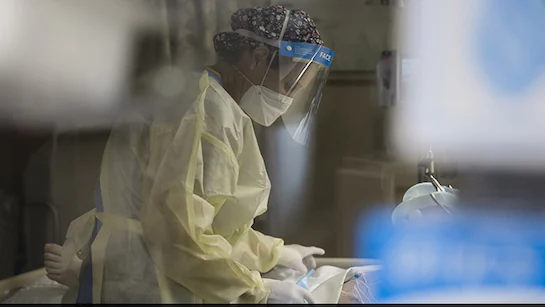
Maharashtra has reported its first fatality due to Guillain-Barre Syndrome (GBS) amid a rising number of cases in Pune. A 40-year-old man from Dhayari, Pune, succumbed to the rare neurological condition while undergoing treatment at a private hospital in Solapur. Initially diagnosed in Pune, he was transferred to Solapur for specialized care but could not recover.
Rising Cases of GBS in Pune
The state has witnessed 101 confirmed GBS cases so far, with Pune being the epicenter of the outbreak. Of these, 81 cases have been reported under the Pune Municipal Corporation, 14 under Pimpri Chinchwad Municipal Corporation, and six from other districts. On average, 28 new cases are being recorded daily, raising concerns among health authorities.
Currently, 16 patients are in critical condition and require ventilator support. To tackle the crisis, the Maharashtra government has activated its Rapid Response Team (RRT) to monitor and manage the situation effectively.
Understanding Guillain-Barre Syndrome
Guillain-Barre Syndrome is a rare autoimmune disorder that attacks the peripheral nervous system. According to the World Health Organization (WHO), it often follows a bacterial or viral infection. The syndrome affects the nerves controlling muscle movement and sensory functions, leading to symptoms like muscle weakness, loss of sensation, breathing difficulties, and paralysis in severe cases.
First identified in 1916 by French neurologists Georges Guillain and Jean Alexandre Barré, the exact cause of GBS remains unclear. However, it is often associated with infections such as Campylobacter, dengue, or chikungunya. Contaminated food or water is a common trigger, and symptoms typically develop within one to three weeks of infection.
Maharashtra’s Measures to Contain the Outbreak
Health officials are taking proactive steps to prevent the situation from worsening. A state-level rapid response team, along with experts from the Union Health Ministry, has been deployed to Pune to assess and contain the outbreak.
Water samples from various parts of Pune have been collected for biological and chemical analysis to identify potential sources of infection. Over 25,000 households in affected areas have been surveyed by health workers to identify and address risk factors.
The state government has also directed private medical practitioners to notify authorities of all GBS cases. Public awareness campaigns are being launched to educate citizens about preventive measures.
Financial Support for Patients
Recognizing the financial burden on families, the Maharashtra government has revised treatment costs under the Mahatma Phule Jan Arogya Yojana (MPJAY). The allocated amount for private hospitals treating GBS patients has been increased from ₹80,000 to ₹1.6 lakh per patient.
Annasaheb Chavan, CEO of MPJAY, emphasized the importance of this revision, ensuring that patients receive timely and advanced care. Maharashtra Health Minister Prakashrao Abitkar reassured citizens that the government is doing everything possible to manage the situation effectively.
“No Need to Panic,” Says Health Minister
Speaking to the media, Health Minister Prakashrao Abitkar urged people not to panic, stating that GBS is a known, non-communicable condition. He reassured the public that the government is fully prepared to handle the surge and that necessary precautions are being implemented to control the spread.
Precautionary Measures for Citizens
Health experts have advised citizens to take the following precautions to reduce the risk of GBS:
- Boil and filter drinking water to avoid contamination.
- Avoid consuming stale or exposed food.
- Consult a doctor immediately if symptoms like muscle weakness, numbness, or sudden weakness in the limbs occur.
Public health officials are ramping up surveillance and promoting awareness in Pune and nearby districts. While Guillain-Barre Syndrome is concerning, authorities have assured the public that it cannot escalate into an epidemic or pandemic.
By prioritizing swift action, public awareness, and financial support, Maharashtra is taking critical steps to combat this rare yet alarming outbreak.
....Maharashtra has reported its first fatality due to Guillain-Barre Syndrome (GBS) amid a rising number of cases in Pune. A 40-year-old man from Dhayari, Pune, succumbed to the rare neurological condition while undergoing treatment at a private hospital in Solapur. Initially diagnosed in Pune, he was transferred to Solapur for specialized care but could not recover.
Rising Cases of GBS in Pune
The state has witnessed 101 confirmed GBS cases so far, with Pune being the epicenter of the outbreak. Of these, 81 cases have been reported under the Pune Municipal Corporation, 14 under Pimpri Chinchwad Municipal Corporation, and six from other districts. On average, 28 new cases are being recorded daily, raising concerns among health authorities.
Currently, 16 patients are in critical condition and require ventilator support. To tackle the crisis, the Maharashtra government has activated its Rapid Response Team (RRT) to monitor and manage the situation effectively.
Understanding Guillain-Barre Syndrome
Guillain-Barre Syndrome is a rare autoimmune disorder that attacks the peripheral nervous system. According to the World Health Organization (WHO), it often follows a bacterial or viral infection. The syndrome affects the nerves controlling muscle movement and sensory functions, leading to symptoms like muscle weakness, loss of sensation, breathing difficulties, and paralysis in severe cases.
First identified in 1916 by French neurologists Georges Guillain and Jean Alexandre Barré, the exact cause of GBS remains unclear. However, it is often associated with infections such as Campylobacter, dengue, or chikungunya. Contaminated food or water is a common trigger, and symptoms typically develop within one to three weeks of infection.
Maharashtra’s Measures to Contain the Outbreak
Health officials are taking proactive steps to prevent the situation from worsening. A state-level rapid response team, along with experts from the Union Health Ministry, has been deployed to Pune to assess and contain the outbreak.
Water samples from various parts of Pune have been collected for biological and chemical analysis to identify potential sources of infection. Over 25,000 households in affected areas have been surveyed by health workers to identify and address risk factors.
The state government has also directed private medical practitioners to notify authorities of all GBS cases. Public awareness campaigns are being launched to educate citizens about preventive measures.
Financial Support for Patients
Recognizing the financial burden on families, the Maharashtra government has revised treatment costs under the Mahatma Phule Jan Arogya Yojana (MPJAY). The allocated amount for private hospitals treating GBS patients has been increased from ₹80,000 to ₹1.6 lakh per patient.
Annasaheb Chavan, CEO of MPJAY, emphasized the importance of this revision, ensuring that patients receive timely and advanced care. Maharashtra Health Minister Prakashrao Abitkar reassured citizens that the government is doing everything possible to manage the situation effectively.
“No Need to Panic,” Says Health Minister
Speaking to the media, Health Minister Prakashrao Abitkar urged people not to panic, stating that GBS is a known, non-communicable condition. He reassured the public that the government is fully prepared to handle the surge and that necessary precautions are being implemented to control the spread.
Precautionary Measures for Citizens
Health experts have advised citizens to take the following precautions to reduce the risk of GBS:
- Boil and filter drinking water to avoid contamination.
- Avoid consuming stale or exposed food.
- Consult a doctor immediately if symptoms like muscle weakness, numbness, or sudden weakness in the limbs occur.
Public health officials are ramping up surveillance and promoting awareness in Pune and nearby districts. While Guillain-Barre Syndrome is concerning, authorities have assured the public that it cannot escalate into an epidemic or pandemic.
By prioritizing swift action, public awareness, and financial support, Maharashtra is taking critical steps to combat this rare yet alarming outbreak.
By: My India Times
Updated At: 2025-01-27
Tags: health-care News | My India Times News | Trending News | Travel News
Join our WhatsApp Channel









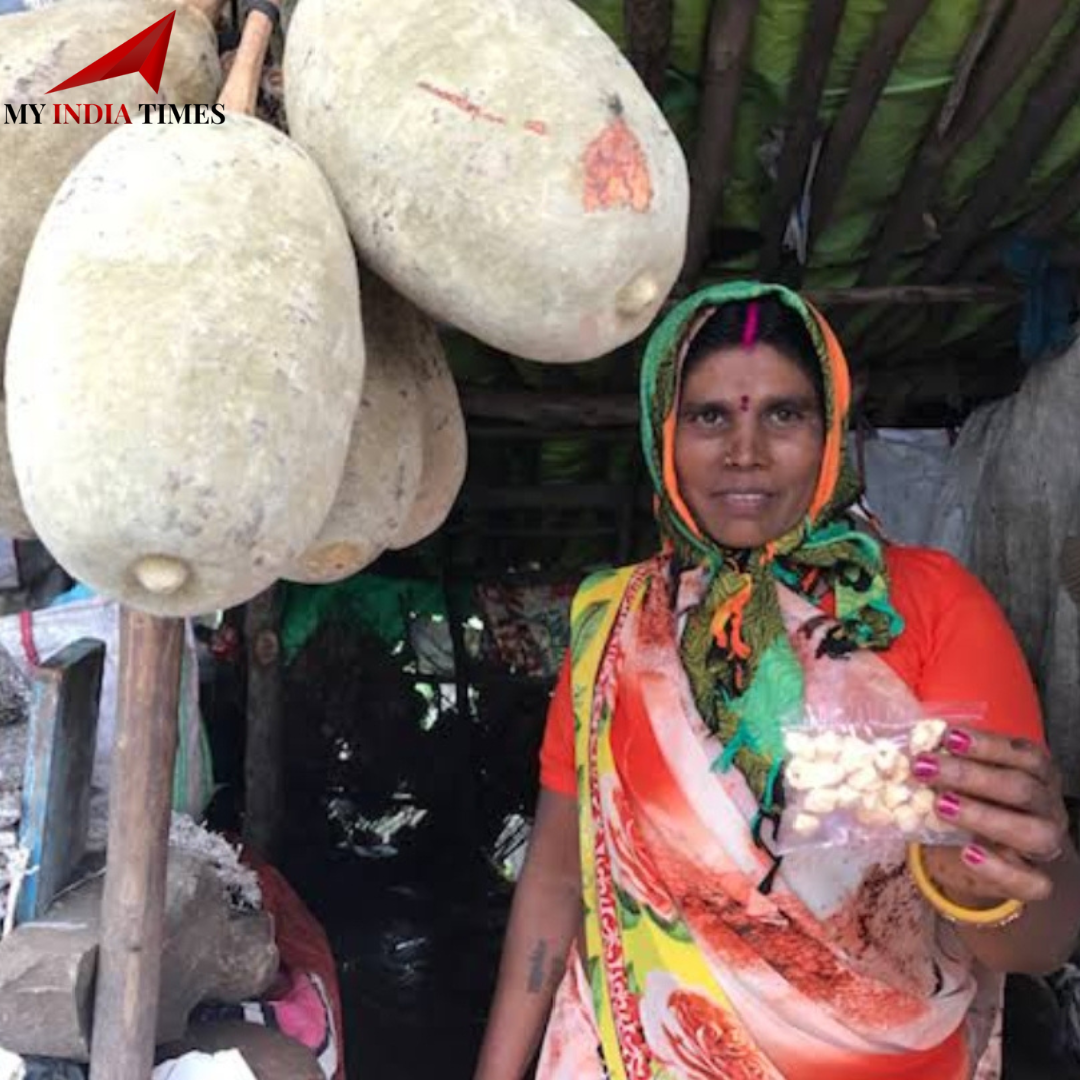

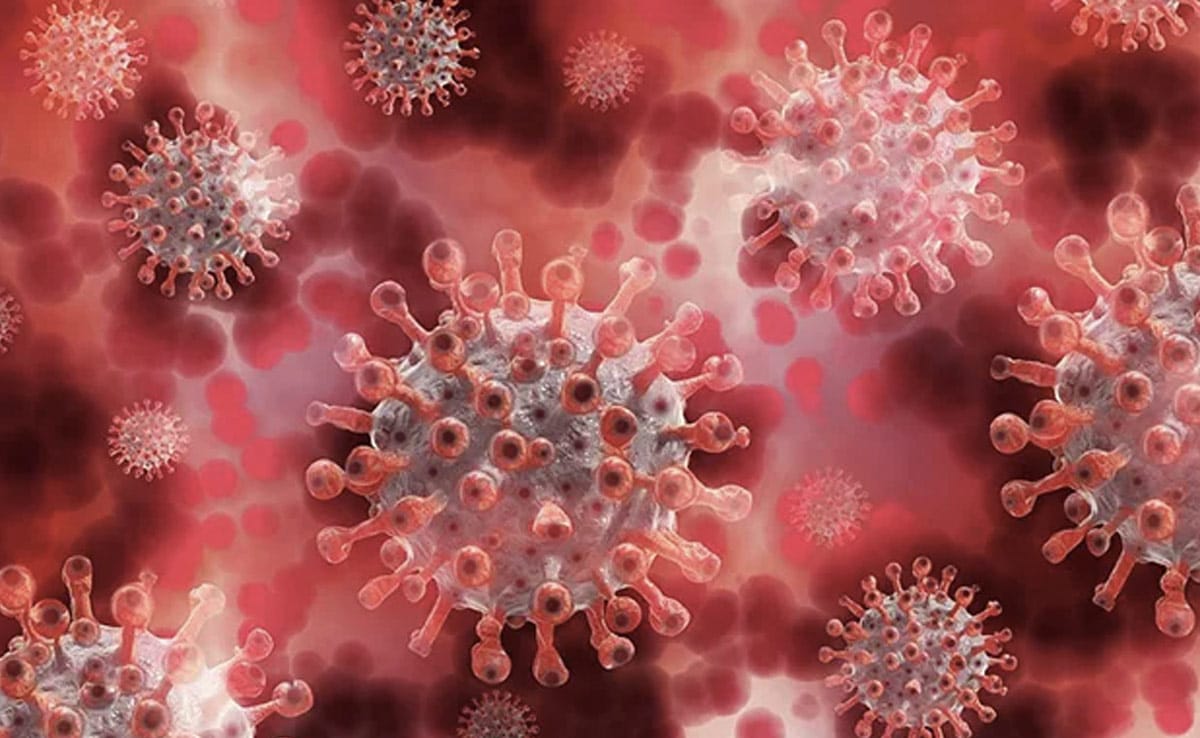
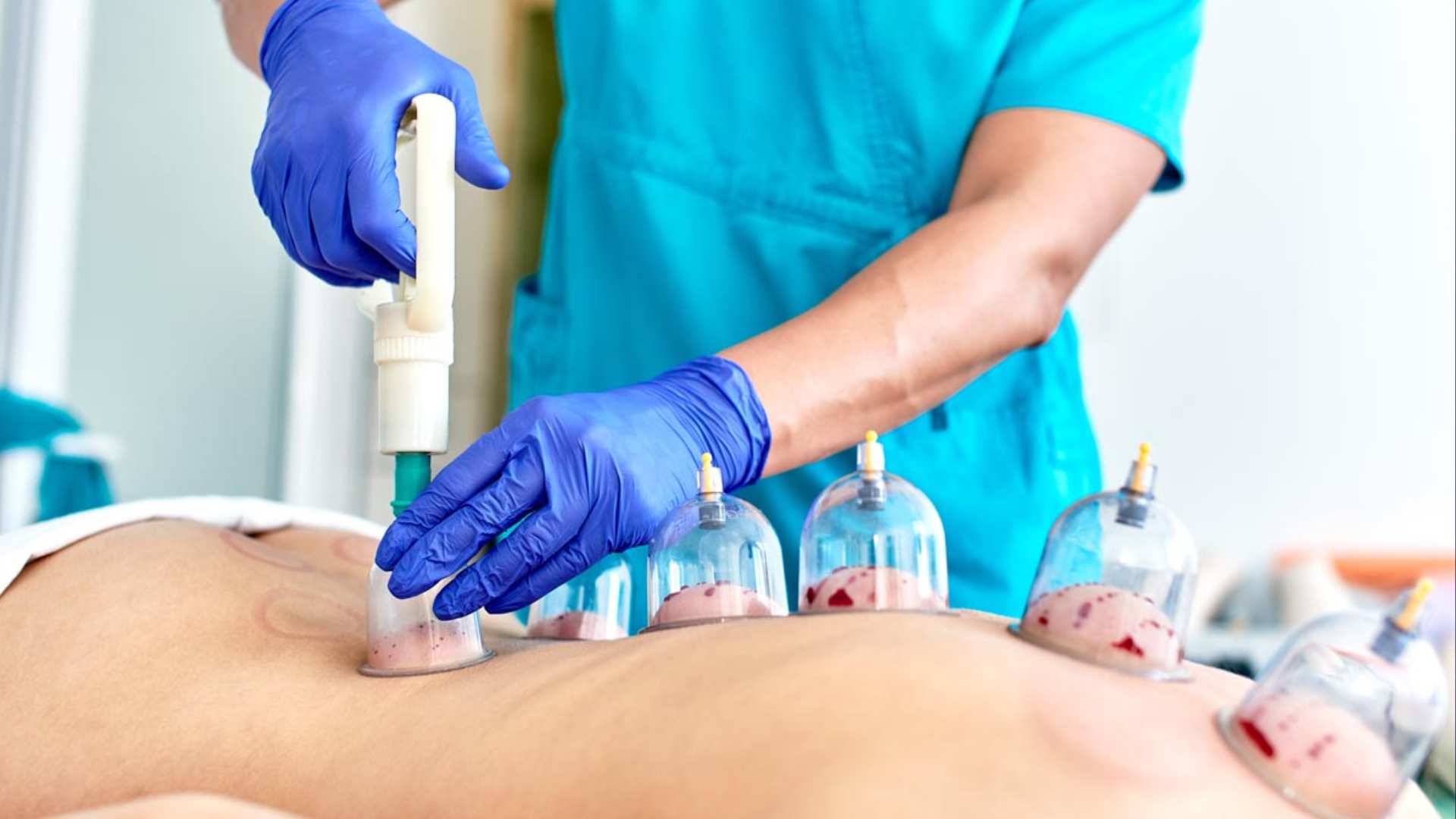



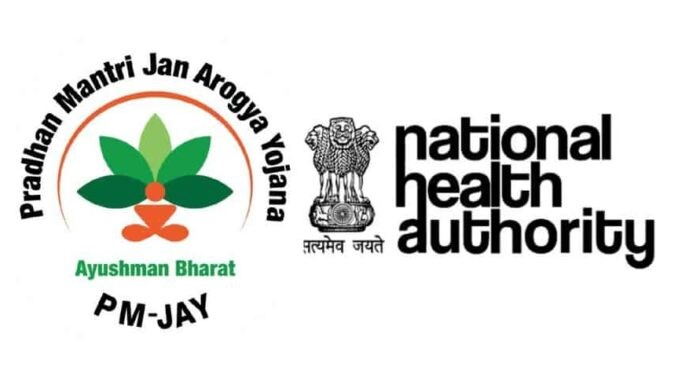
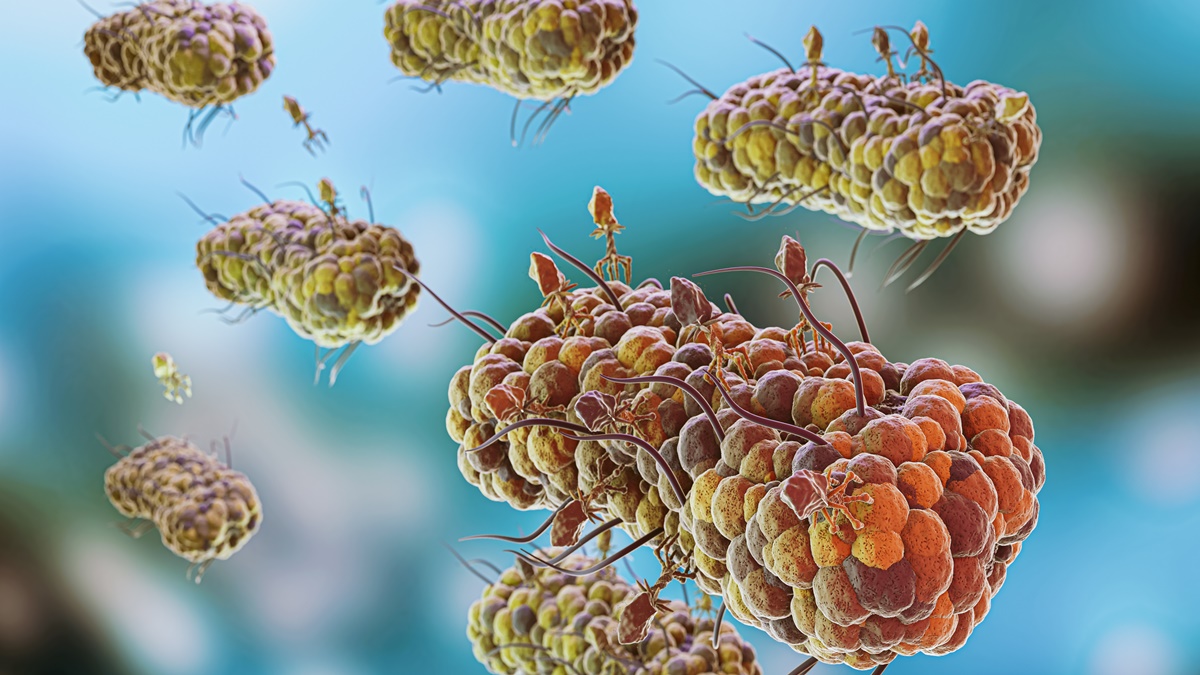

.jfif)


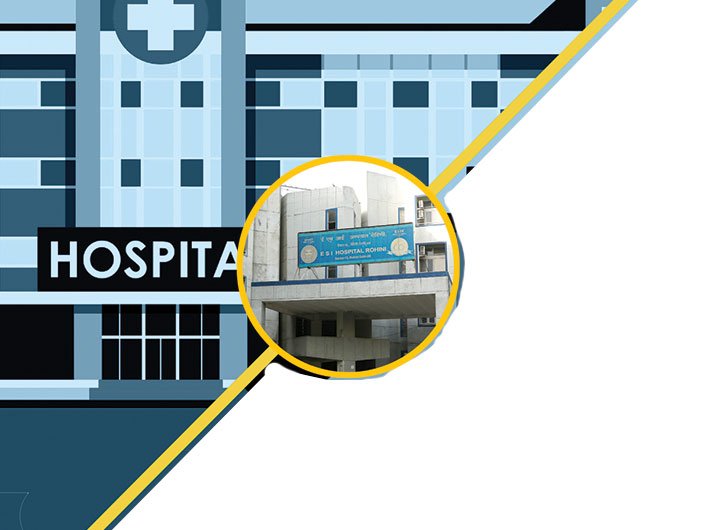

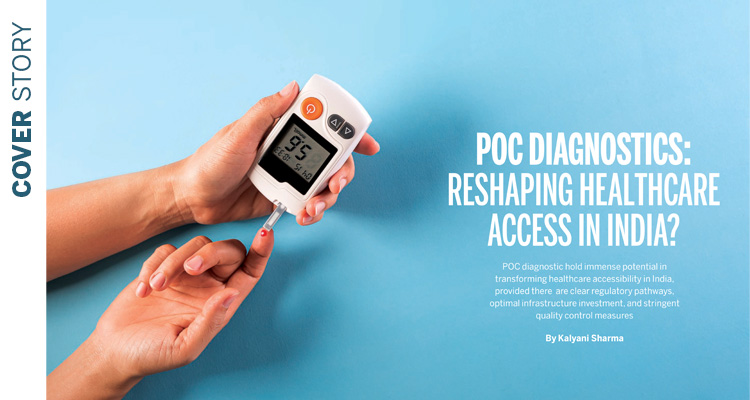
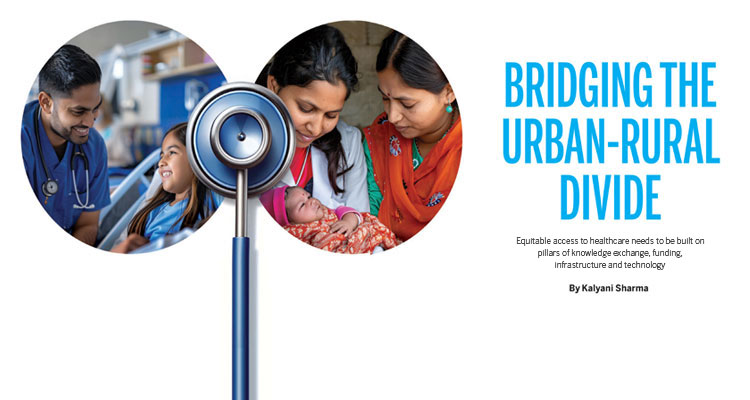



























































































.png)
 (1).png)























